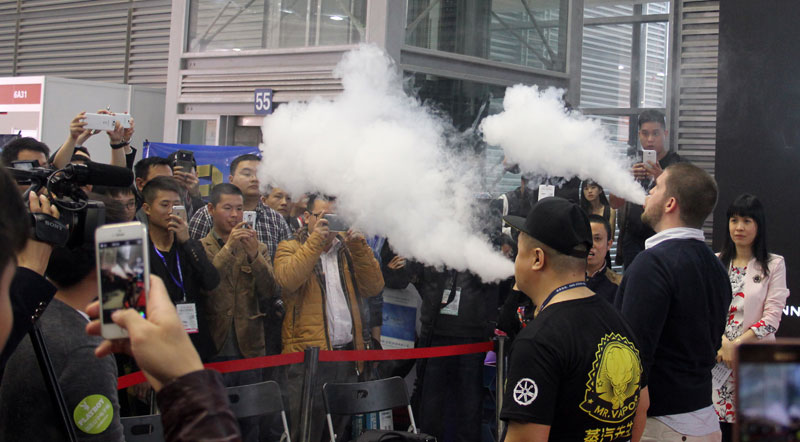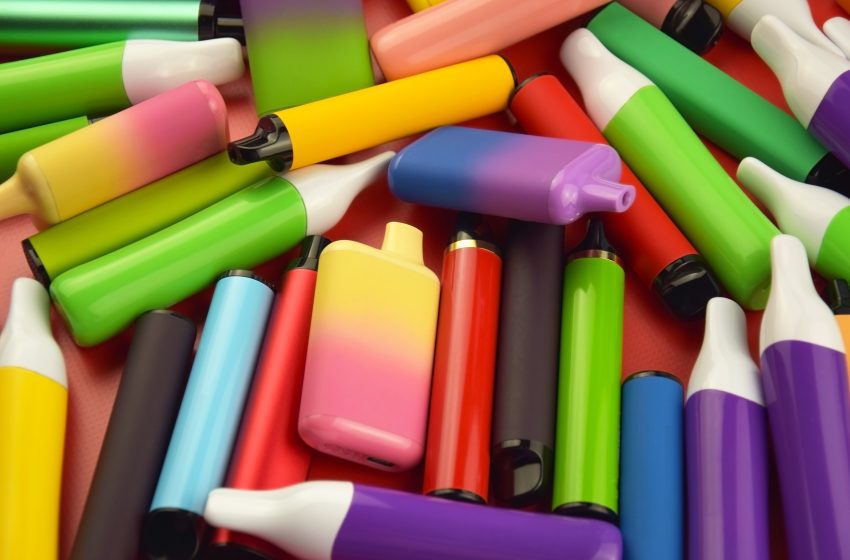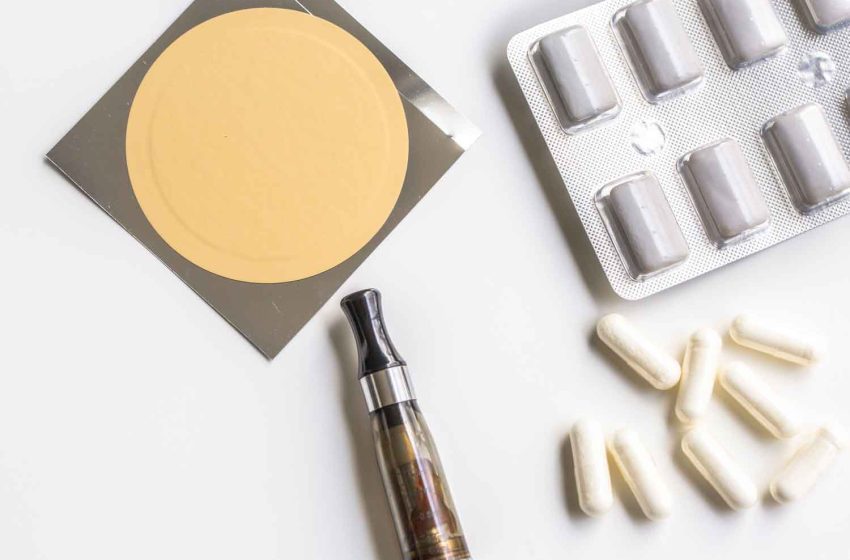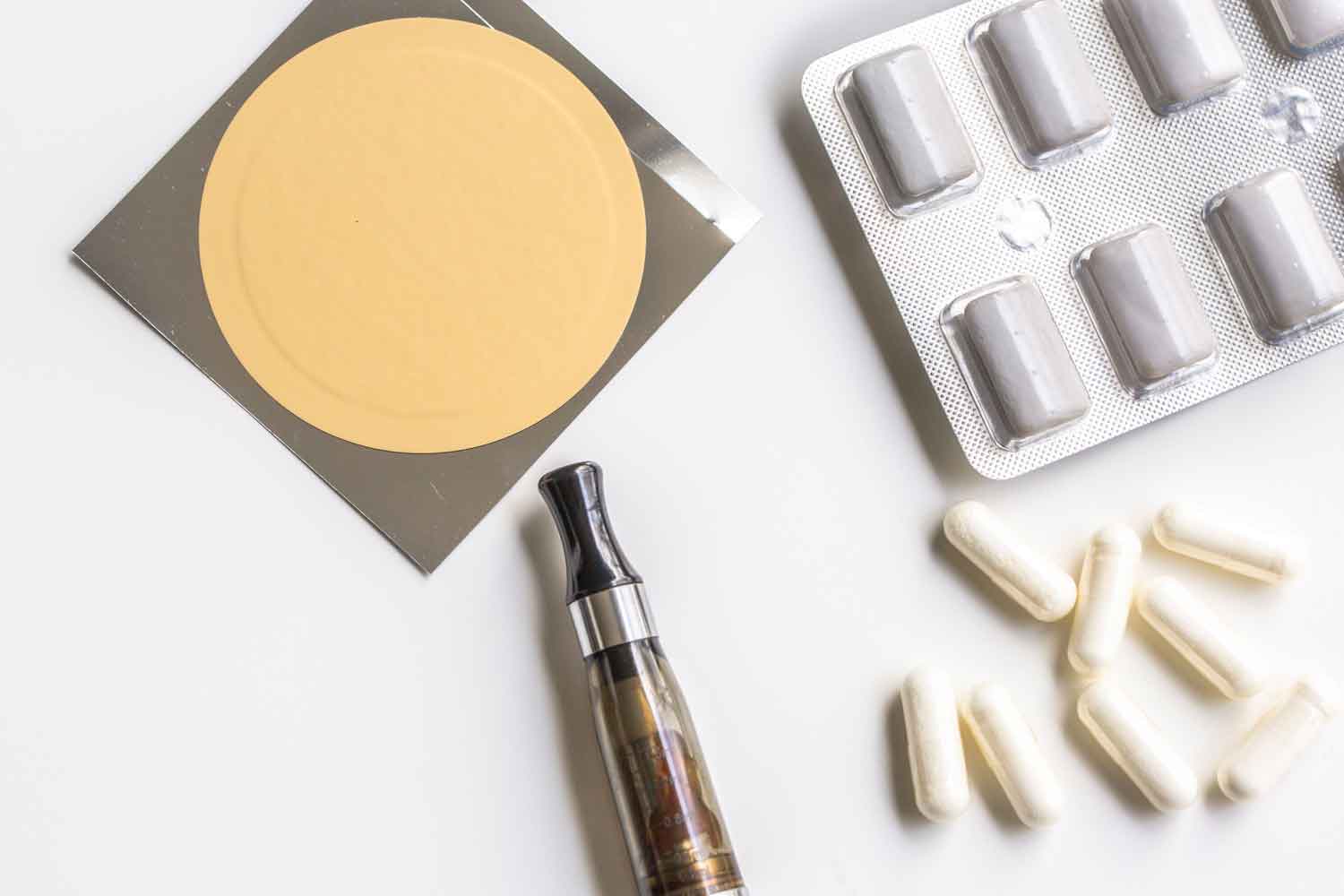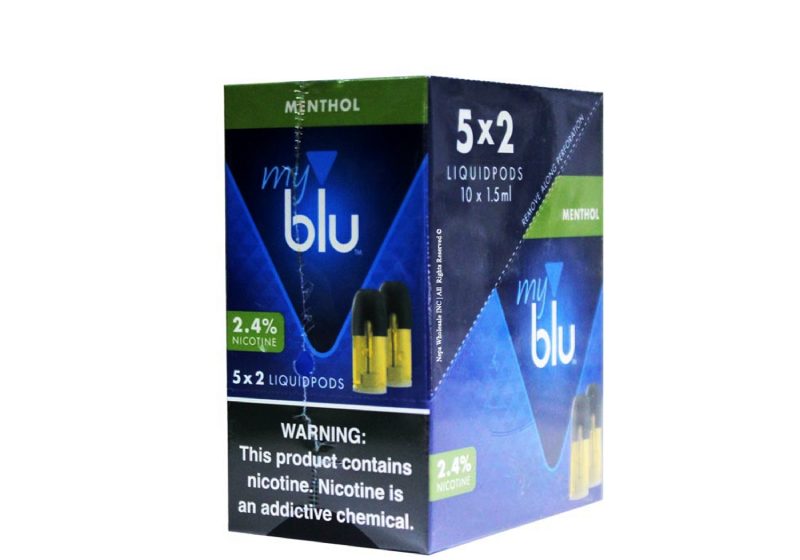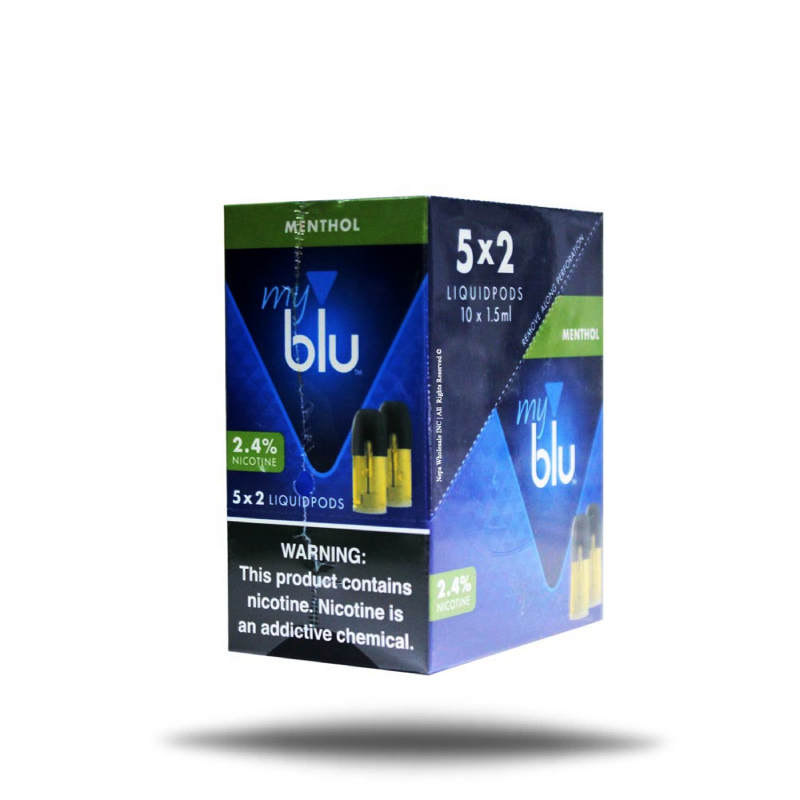
Jason Carignan has joined Chemular, an FDA regulatory consultancy group, as its chief commercial officer.
Carignan will lead the company’s revenue generation initiatives, strategic partnerships, and intellectual property monetization strategies across its diverse portfolio of business units, according to a press release.
“Carignan brings a wealth of experience and expertise to Chemular, having held various leadership positions in the tobacco and nicotine industry. He most recently served as president of Phillips & King and the Total Product Expo (TPE), both part of the Kretek International Inc. family of companies,” the release states. “Prior to that, he served as president of DRYFT Sciences, overseeing the successful development of the DRYFT line of nicotine pouches before selling the company to British American Tobacco in late-2020.”
With an impressive track record of driving growth and creating strategic alliances, Carignan is well-positioned to play a pivotal role in expanding Chemular’s market presence and further establishing the company as a leader in FDA regulatory matters.
Kevin Burd, CEO of Chemular. said he is thrilled to welcome Carignan to the Chemular team. “His deep industry knowledge and proven leadership in revenue generation and partnership strategies will be instrumental in driving our growth and expanding our client base,” said Burd. “We believe Jason’s appointment will advance our mission of providing comprehensive regulatory solutions to our clients and partners.”
Carignan will work closely with Chemular’s executive team to develop and execute business development strategies, identify new revenue opportunities, and forge strategic partnerships that enhance the company’s market position, according to the release.
Carignan said he was excited to join the Chemular team.
“Chemular has established itself as a trusted and innovative partner for clients navigating the complex landscape of FDA regulations,” Carignan said. “I look forward to leveraging my experience and expertise to drive revenue growth, establish impactful partnerships, and contribute to Chemular’s continued success.”


